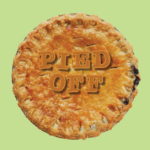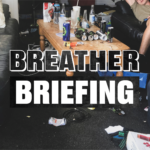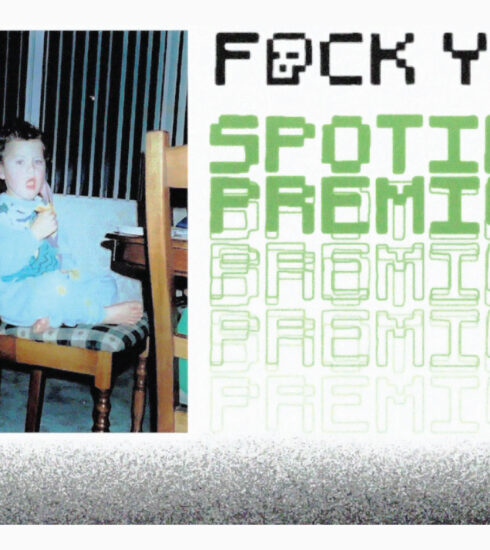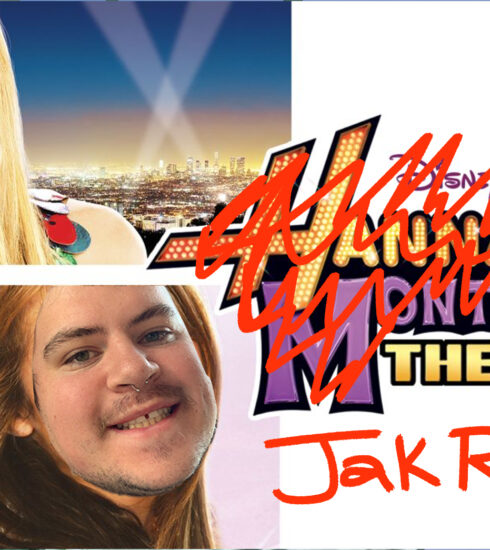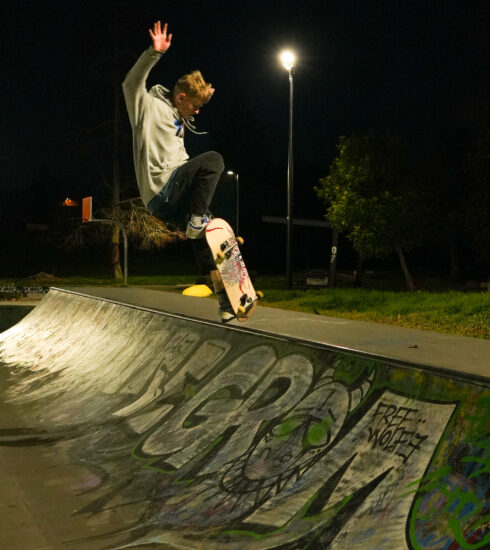Letter From The Editor – Issue 7
Editorial Issue 7
It has been a strange couple of months for everybody. So much so it is barely worth repeating the rhetoric. But any story has to start somewhere so might as well start by tackling the elephant. In many ways it was a dream come true. A chance to stop, to breathe, to just exist in a space without the calamities of what we have come to think of as daily life. Our approximation of life built by industrial empires and the new cult of productivity. This is the world we were born into and it is stubborn about efforts to change it. A novel coronavirus seemed like it might just have a chance and I was excited by the prospect. I am under no illusions it was a privileged position to take, from a historical perspective certainly, but also from the lived experiences of many people for whom a shutdown would not be a time of quiet contemplation. I could still afford food, I landed on a bush block in the country which was peaceful, calm and with loved ones to spend the cloistered period. That privilege was not universal. It should be.
The world we have inherited is a place I don’t much care for. Certain apparently immutable qualities stand in defiance of my own ideas about what constitutes a life worth living. We had no choice about coming here but we must pay to live here regardless. Rent comes due, food comes from supermarkets, meat is not dead animals but juicy pink things wrapped in plastic. We have lost our connection to things that are fundamental to human existence. The city lights that block out the night sky have caused us to forget that we are cosmically insignificant and the things that worry us are less significant still. Shelter used to be a basic right that now we have to pay for, and we don’t question this basic assumption. We take societal myths to be natural truths, like growth in the economy being the most important feature of civilisation or that people are different because of where we come from or what we look like. But ultimately we are not so different, and economic growth is not the only key to social stability and wellbeing. I relished in the idea that people would connect with their communities, form new ones, return to the basics.
To a good extent I saw that happen. People connected virtually with friends and family, environmental pollution levels dropped, consumerism as a guiding principle was dealt a savage blow, and people were forced to reassess some of the basic assumptions of modern life. One of which turned out to be toilet paper.
This time brought with it a freedom that is so rare, despite our common myths about freedom, and in all that time I couldn’t shake the idea that this was a closer approximation of what life could be like. Could be if not for the assumptions about our existence here that we have as a collective accepted. Those assumptions are now being challenged and I welcome that more than anything else that has come of this episode. We should question why we must pay for our basic human rights like shelter, food and our physical security. We should question why these things are not available to everybody. It is time to think differently. There are solutions out there that don’t fall into that tired old capitalism vs. communism debate. There are ideas out there that could change the world. Many of these are being advocated for right now and if there was a better time to do it, I have not seen it in my lifetime. We deserve better than we have been convinced we are worthy of.
